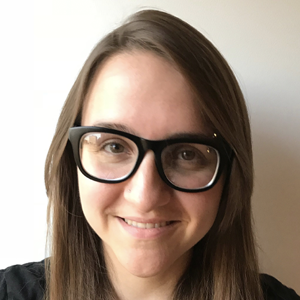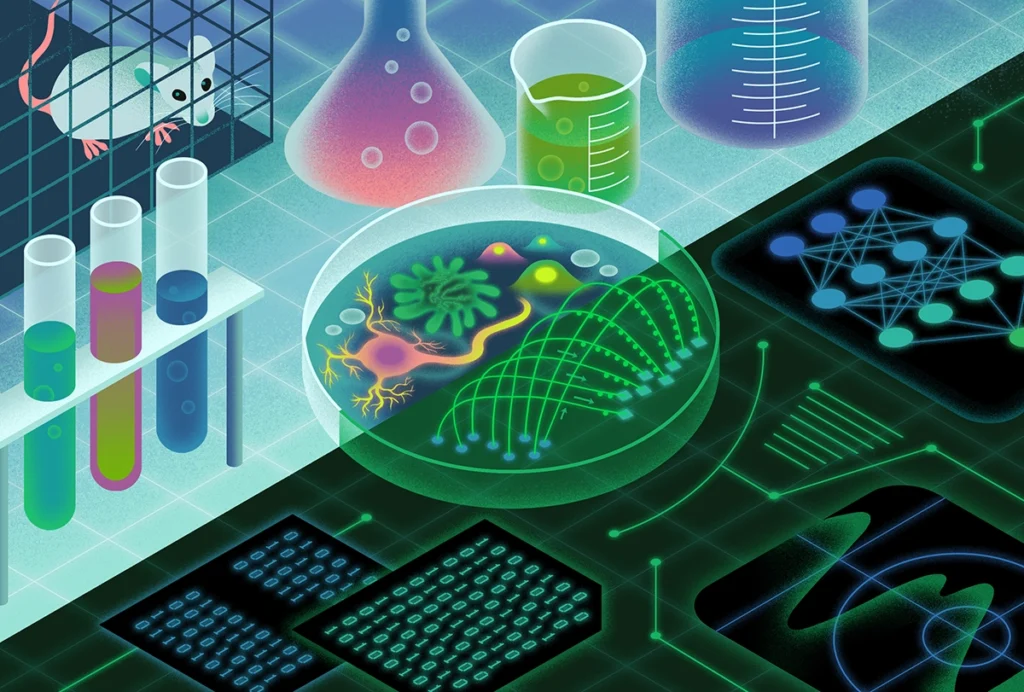Grace Lindsay is assistant professor of psychology and data science at New York University in New York City. Her lab studies the brain by using artificial neural networks as models of biological information processing. She also works separately on applications of machine learning to climate change problems. Lindsay is also the author of “Models of the Mind: How Physics, Engineering and Mathematics Have Shaped Our Understanding of the Brain,” published in 2021.
After earning a B.S. in neuroscience from the University of Pittsburgh in Pennsylvania and spending a year at the Bernstein Center for Computational Neuroscience in Freiburg, Germany, Lindsay received her Ph.D. at the Center for Theoretical Neuroscience at Columbia University in the lab of Ken Miller. Afterward, she was a Gatsby Computational Neuroscience Unit/Sainsbury Wellcome Centre Research Fellow at University College London in the United Kingdom.








